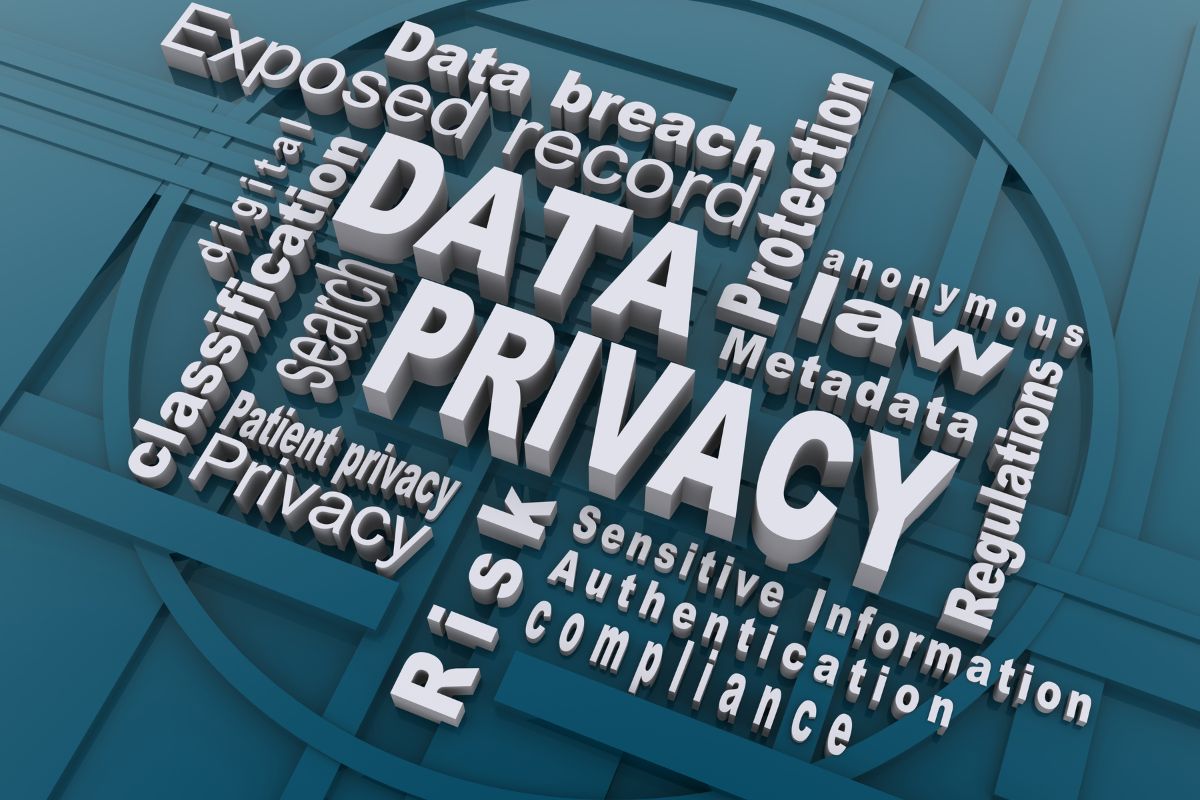Data Privacy Newsletter – Understanding Consent and Personal Data : March 2024
Introduction Consent, put in simple terms, is granting permission or approval for something. In legal terms, Consent is when someone voluntarily and willingly agrees to a proposition made by another person. In terms of personal data, ‘Consent’ means giving permission or approval to another perso...











